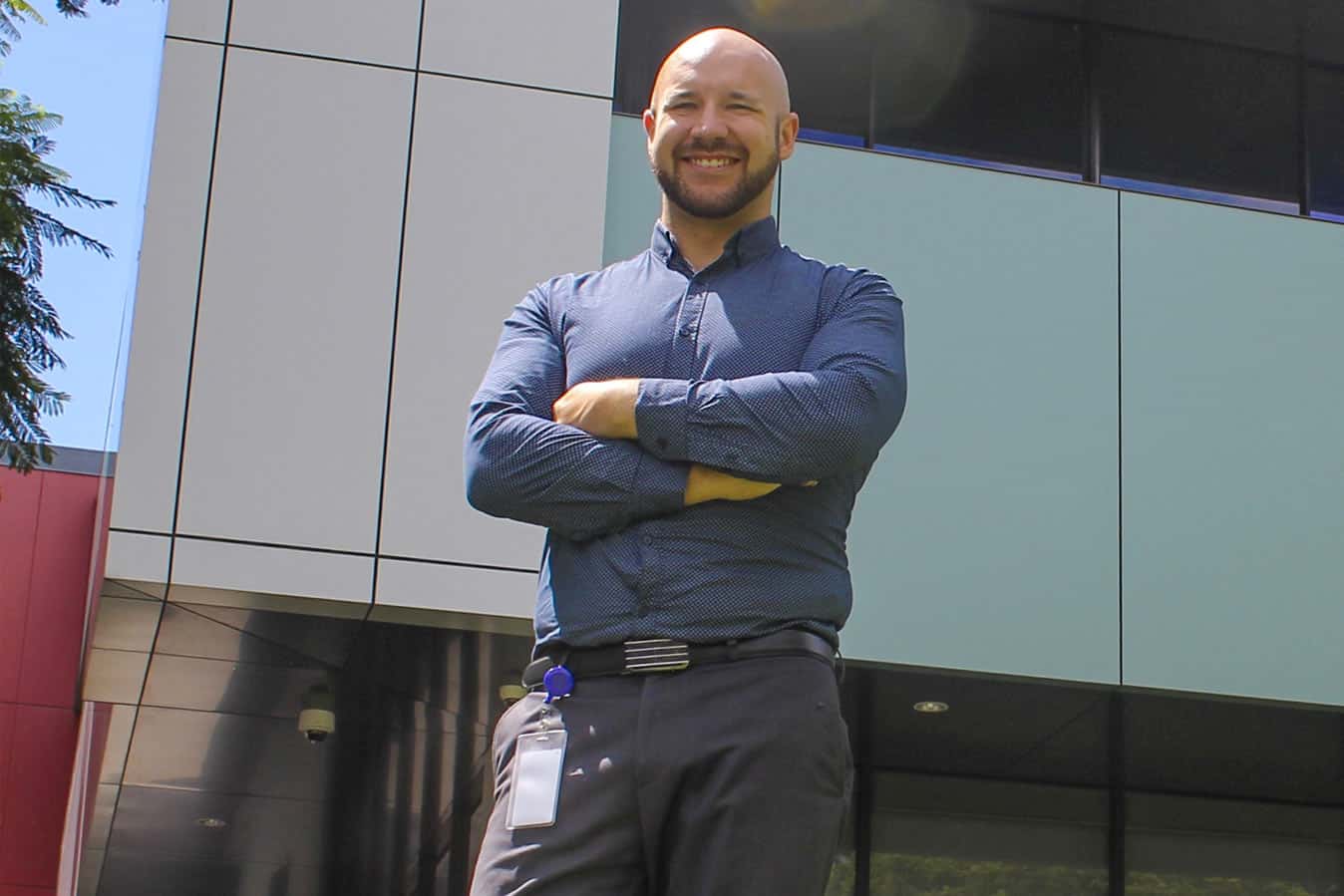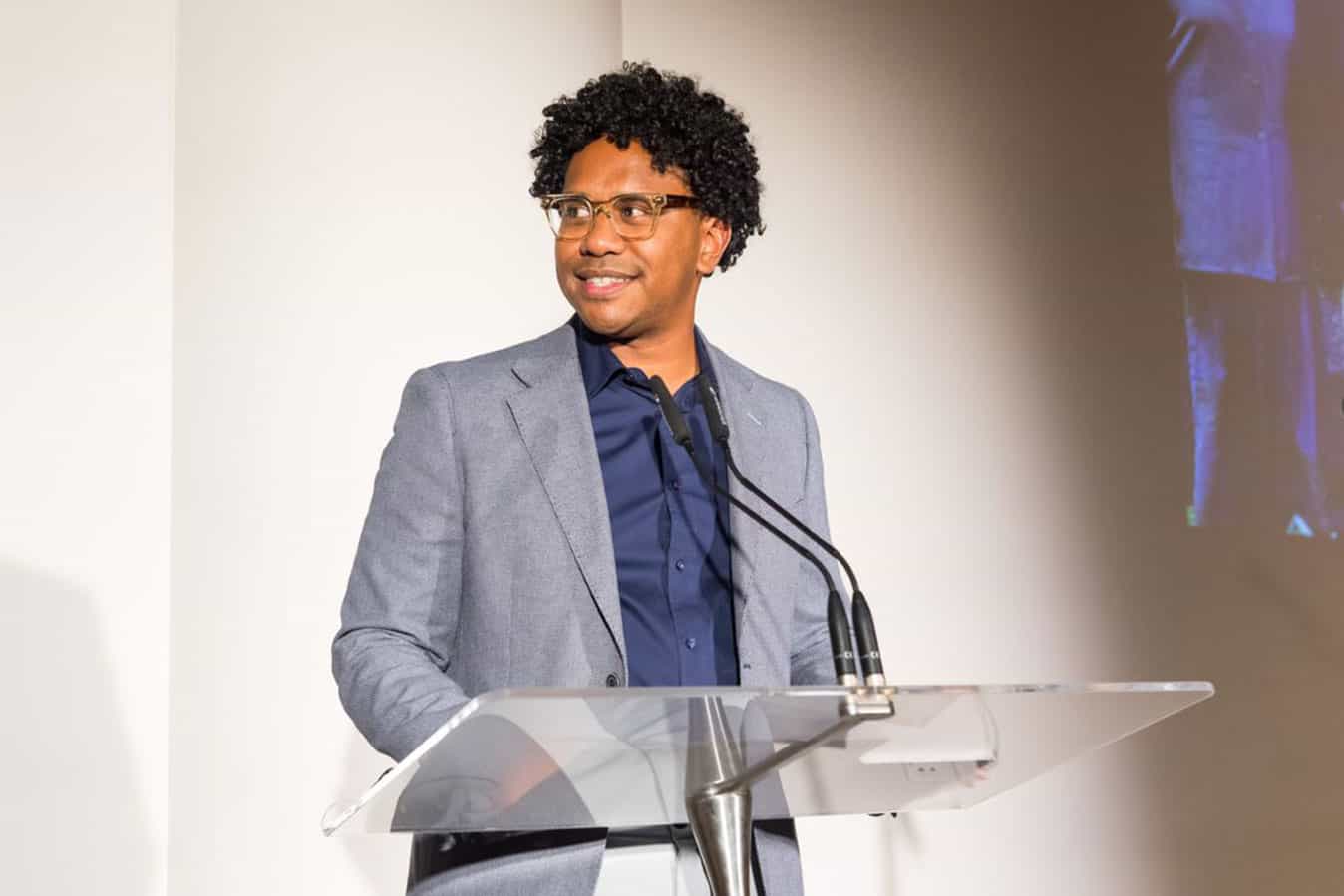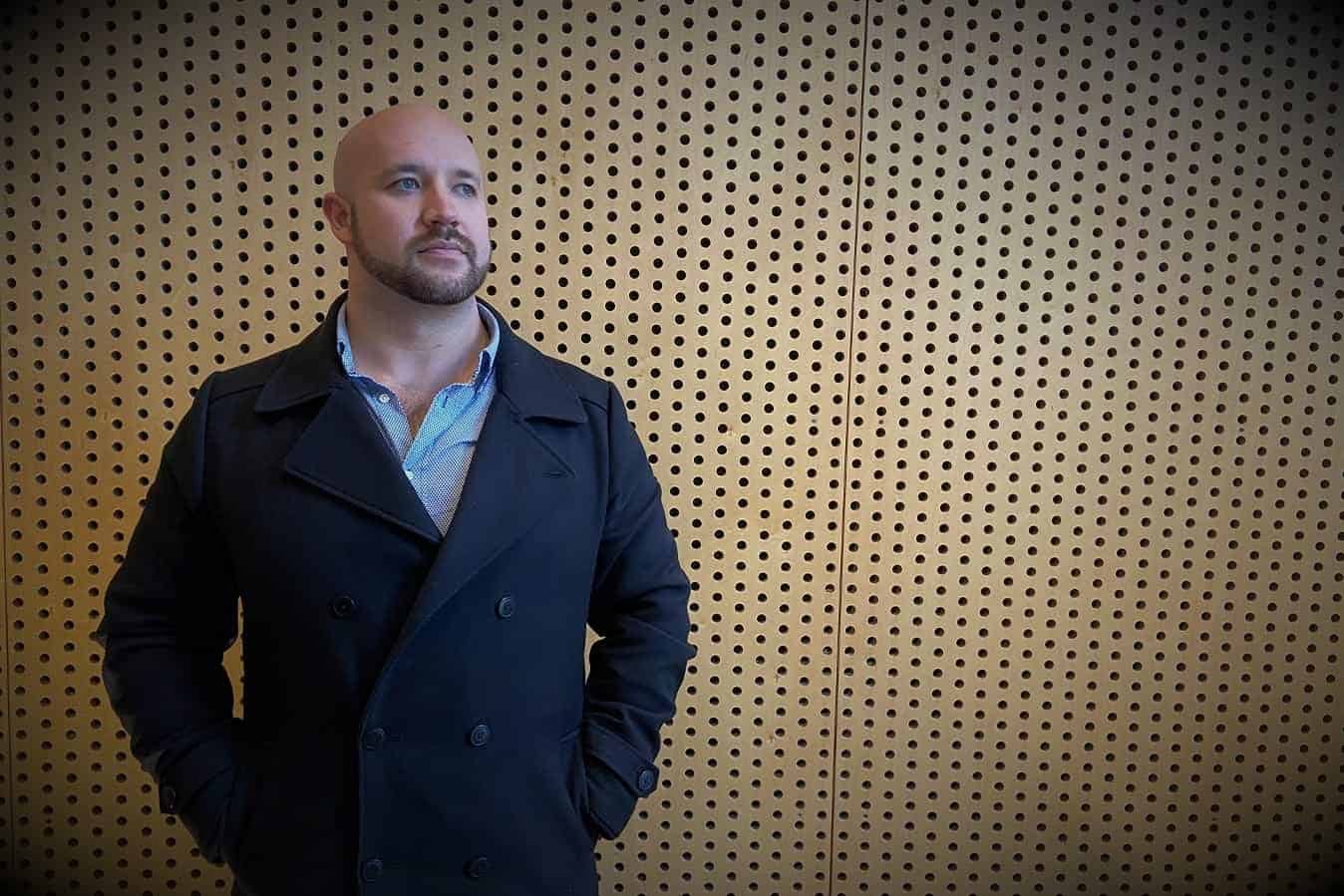For far too long, Aboriginal and Torres Strait Islander people haven’t had a say on decisions, policies and laws that affect their lives, says Sye Hodgman, a Trawlwoolway Palawa-Pakana nurse and First Nations Strategy, Policy and Research Officer with the Queensland Nurses and Midwives’ Union (QNMU).
“There are constitutional powers that are given to government to make laws specifically in respect to Aboriginal and Torres Strait Islander people,” explained Sye, in an address to the Coalition of National Nursing & Midwifery Organisations (CoNNMO) in Melbourne earlier this month.
“Every time that happens, communities get hurt. But there is no power or protection for Aboriginal and Torres Strait Islander people to even be involved, or recognised, in that process, apart from being a recipient.”
Later this year, Australians will vote in a landmark referendum to decide whether to enshrine an Aboriginal and Torres Strait Islander Voice in the Constitution. If successful, the change would establish a new advisory body, representing First Nations people across the country, to provide input and advice on a range of government policies and laws.
Critically, the Voice would provide permanent representation and recognition for Aboriginal and Torres Strait Islander people in the Constitution, unable to be overturned by future governments.
“The very fact that we require predominantly white Australia and non-Indigenous Australian people to give us permission to have a Voice and to be voting on this particular process is symptomatic of the endemic systemic racism within the Australian political system,” Sye told CoNNMO attendees, which included Australia’s Chief Nursing and Midwifery Officer, Alison McMillan, and Australian Nursing and Midwifery (ANMF) Federal Secretary Annie Butler.
“This is a real practical change to make a real practical difference.”
Why the Voice is nurses’ business
Social justice has always been a key pillar of union business. It is why the Australian union movement, including the ANMF, is strongly supporting the ‘Yes’ campaign.
According to Sye, nurses should be invested in, and support, the Voice because the profession is both evidence and ethics-based.

“The big thing with this referendum is that it’s all based in evidence,” he said.
“We’re going to ask nurses and midwives to take part in a democratic process in much the same way that we would participate in our careers, by having an evidence-base, being aware of the pros and the cons, and being aware of absolutely all the evidence that’s out there.
“[That] evidence has shown that throwing money at the problem doesn’t work with Aboriginal and Torres Strait Islander health. Since 2008 and the Closing the Gap strategy, billions of dollars have been thrown against the wall for Aboriginal and Torres Strait Islander health, with very little to show for it.”
What does work, argued Sye, is giving Indigenous people ownership over shaping policies and programs made for them.
“When self-determination and governance is in the hands of Aboriginal and Torres Strait Islander people, and we’re running our own programs, not only are the outcomes substantially better, but it costs substantially less money per program too.”
Seeking out the right information
In an age of “disinformation”, Sye encouraged nurses and midwives to seek out accurate information regarding the referendum and why a Voice to Parliament is needed. The QNMU, for example, has a dedicated campaigns page outlining the ins and outs of the process and links to resources and information.
While the Voice can achieve real change, Sye doesn’t shy away from the challenge ahead for his mob.
“This isn’t going to be a silver bullet and there’s still lots of work to do to actually get through self-determination, but this is a big step in the right direction.”
If voters support the Voice, they will have to write out ‘Yes’ or ‘No’ on the ballot paper provided. The referendum will need a double majority to pass, meaning a majority of Australian voters need to support the proposed change, and a majority of voters of Australia’s six states also need to support the change.
Sye called on CoNNMO leaders to spread the word amongst their memberships and proudly support a ‘Yes’ vote.
He said a major part of the effort would require having conversations with family, friends and colleagues about the importance of a Voice and the positive impact it can have on the lives of Aboriginal and Torres Strait Islander people. This includes challenging longstanding stereotypes such as Indigenous people not having the ability to self-govern, or being dole-bludgers.
“A big part of the work that needs to happen is having conversations with the people in our families, challenging the assumptions that people have that paint Aboriginal and Torres Strait Islander people in a bad light and challenging those negative stereotypes.
“Another big thing we need to do is just make sure that we are not buying into or perpetuating disinformation and that we seek genuine sources of truth.”
A new future
Joining Sye for the address was newly appointed CEO of the Congress of Aboriginal and Torres Strait Islander Nurses and Midwives (CATSINaM), Ali Drummond.
A Meriam, Erubam and Wuthathi man and registered nurse, academic and health advocate, Dr Drummond reflected on the current political and social landscape when discussing the looming referendum.

While CATSINaM had a joint position statement with other Aboriginal peaks supporting the ‘Yes’ campaign, Dr Drummond said that, for a long time, the organisation had steered away from launching its own statement.
Yet more recently, the CATSINaM board decided to develop its separate supportive position statement to help ensure First Nations peoples have a say in policies that matter to them.
As the referendum approaches, Dr Drummond warned the narrative would intensify from all corners, particularly far-right parties pushing for a ‘No’ vote, and inevitable political game playing.
“Historically, we know that non-Indigenous government have demonstrated that First Nations policy responses have always been the colloquial political football, tossed about for political gain and not necessarily for the betterment of First Nations people,” Dr Drummond declared.
“This politicking that many of you are observing right now is evidence, and it’s a way of actually taunting Aboriginal and Torres Strait Islander people, as opposed to empowering us.”
“For us, First Nations peoples, we see these political games; we know them so well because we’ve had to endure them over generations.
“It’s also sad to see a number of our mob play into these voices and games, the far-right rhetoric around the Voice to Parliament. These games are harmful and very visceral to Aboriginal and Torres Strait Islander people.”
On CATSINaM’s decision to elevate its position, Dr Drummond said it was absolutely necessary, revealing that it looked to thinkers and scholars to make it count.
“There is distrust over whether this will actually lead to change and if this is real,” he admitted.
“But as a board, the CATSINaM board believes that this is a small step in a greater piece of work. The time is right for something like this and we must move forward and support it.”
Winning the referendum now requires non-Indigenous people to engage in tough, often uncomfortable, discussions to rally for change, he added.
“We’re asking for power and that means relinquishing power and that can be very uncomfortable,” he said.
“If this is too comfortable for you, and following a successful referendum, then we’re obviously not pushing enough.
“So, I ask you to look for that discomfort, whether that’s in sitting through truth-telling, or thinking about ‘how do we’ relinquish power in partnerships with Aboriginal and Torres Strait Islander people.”
Ultimately, Dr Drummond said the Voice to Parliament wasn’t just about a change in the Constitution – it’s a call for a new future.
“This isn’t just us voting for a Voice to Parliament. I think it’s a maturing of the country as well. It’s understanding that we’re moving towards a place where we can have conversations around history, where both Aboriginal and Torres Strait Islander people and non-Indigenous people are at the table, shaping our future and what that looks like.”









2 Responses
What’s CATSINM’s position?
CATSINaM has officially taken a “Yes” position, as have all the other Aboriginal and Torres Strait Islander Health peak bodies. This is touched on in the article (first 2 paragraphs after the photo of Ali).